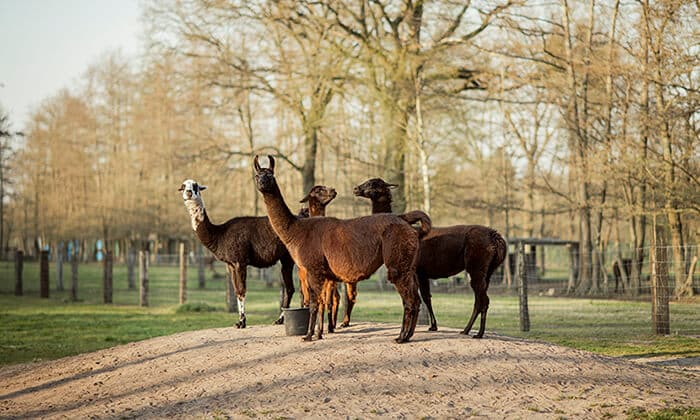Yes, you read that correctly. According to research published this month in the life sciences journal Cell, the immune system of llamas may hold useful information about coronavirus vaccines and treatments.
The seemingly unlikely story comes from the University of Texas, where PhD candidate Daniel Wrapp, working with microbiology Professor Jason McLellan, decided to base his doctoral research on llama antibodies. The lab where the research is based focuses on the chemistry of immune-pathogen interactions, and includes a number of specialists in veterinary medicine.
The team was already interested in camelids such as llamas. Dromadery camels were by then identified as the host species for the MERS virus, and vaccines have since been developed to stop camels from spreading the pathogen.

So four years ago, Wrapp and associates injected llamas with spike proteins isolated from the SARS and MERS coronaviruses. These infamous proteins are similar to those that allow SARS-CoV-2 to infiltrate an infected person’s lungs.
The research team then isolated the llama antibodies that had bound to the spikes. As Wrapp explained to Laboratory Equipment News, the immune systems of camelids like llamas produce antibodies similar to those of humans, but also the much smaller “single-domain” antibodies.
In the research published in Cell, the team showed that by combining the single-domain antibodies that were effective against SARS-CoV-1, they could produce an antibody that bound to and inhibited the spike proteins of SARS-CoV-2.
The re-engineered virus antibody has now been shown to have the potential to prevent the virus from entering cells in laboratory experiments. As reported by the National Institute of Health, this is one of the first antibodies known to neutralize SARS-CoV-2.
The llama research is in fact similar to many other animal studies currently taking place. As summarised by Nature, researchers are investigating the immune response of monkeys, dogs and ferrets.
Hopefully these furry friends can help us find a treatment. If nothing else, this serves as a reminder of the massive global effort currently taking place.